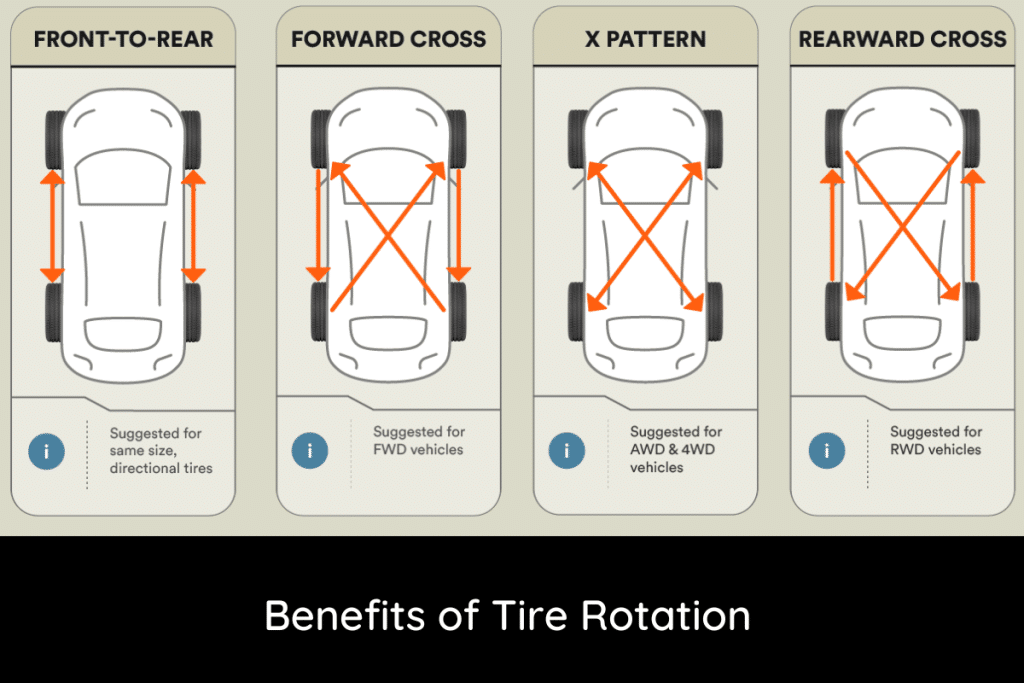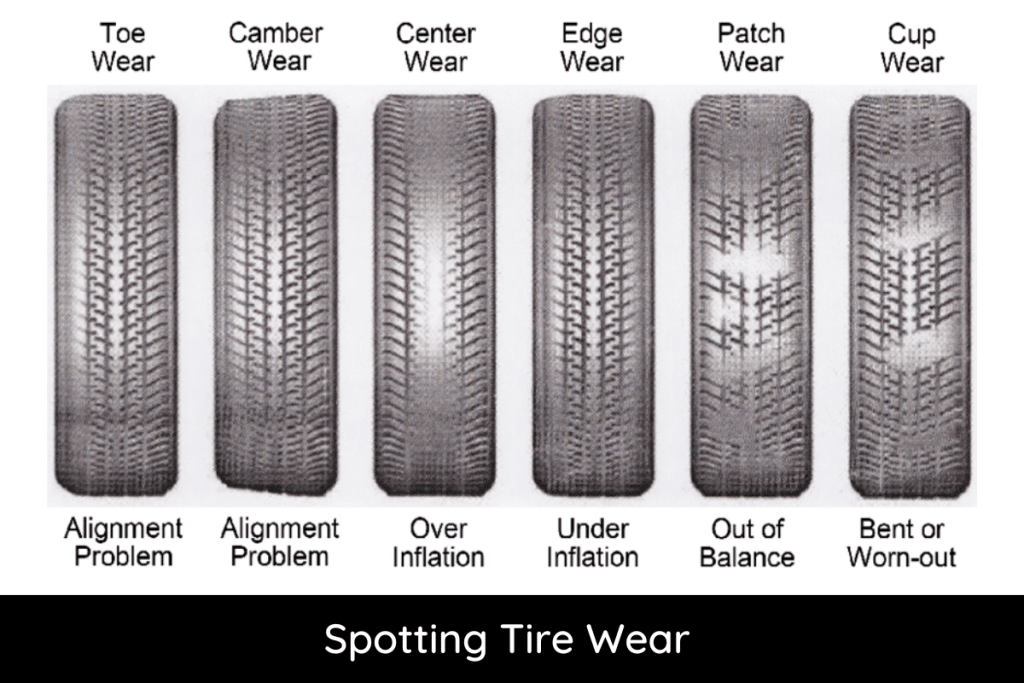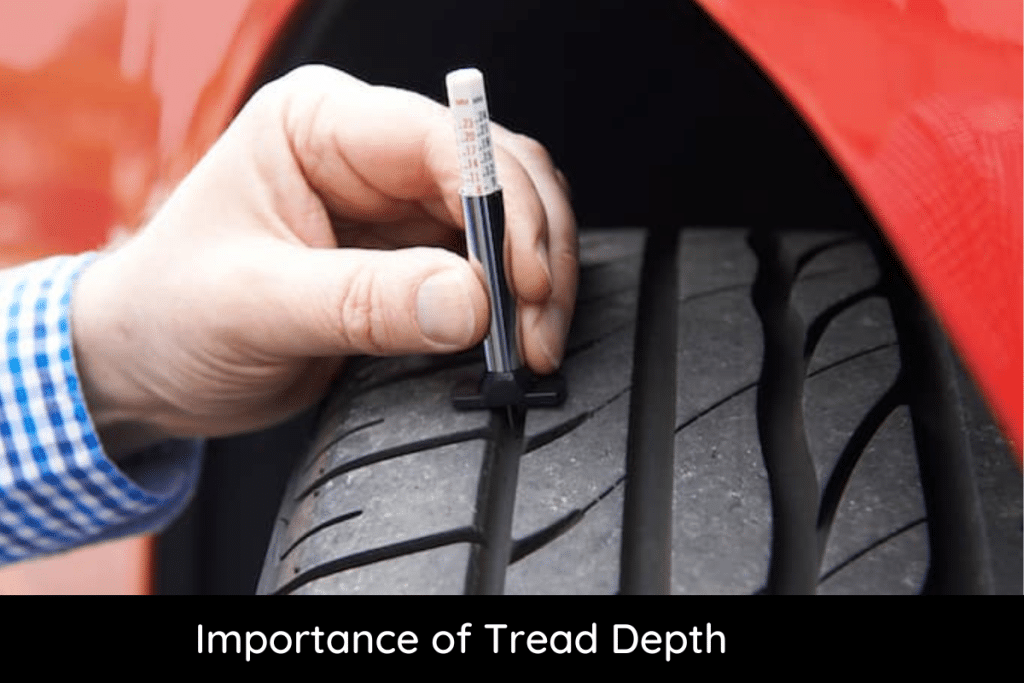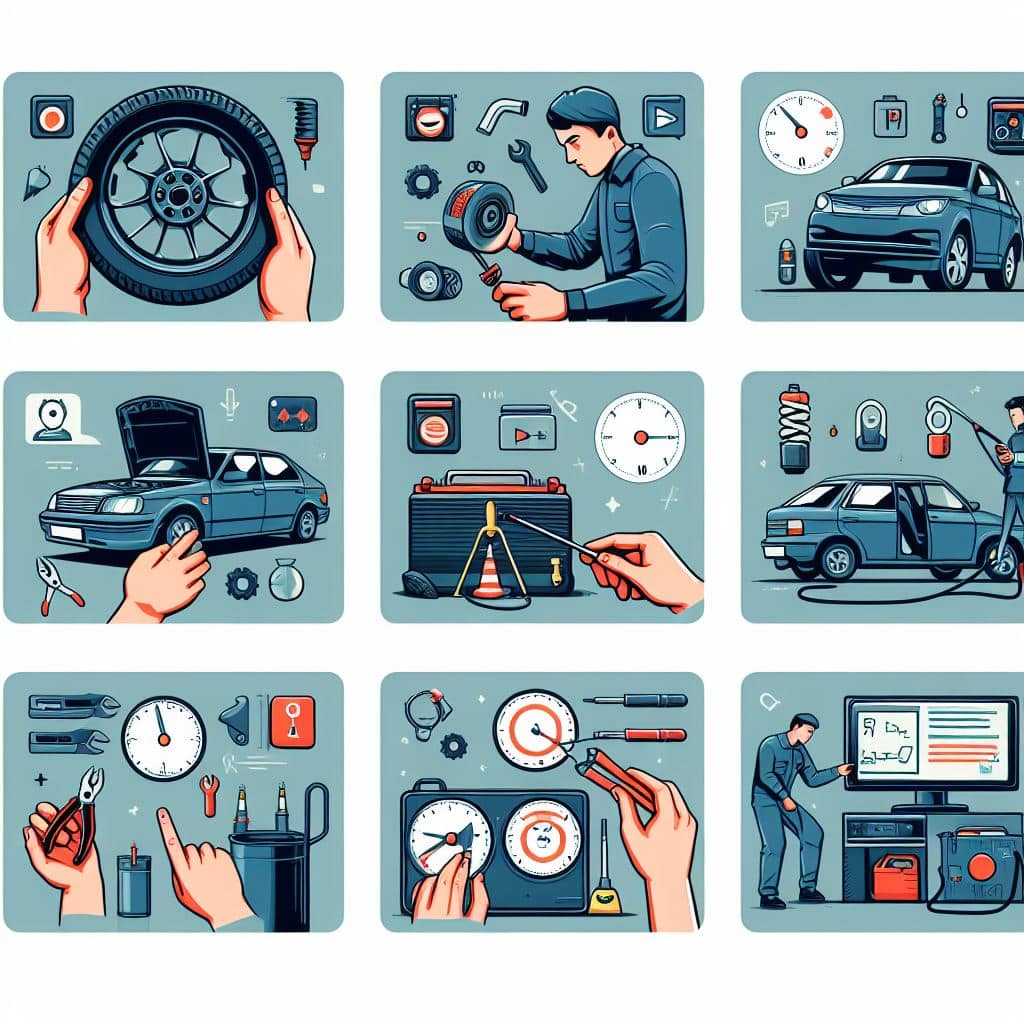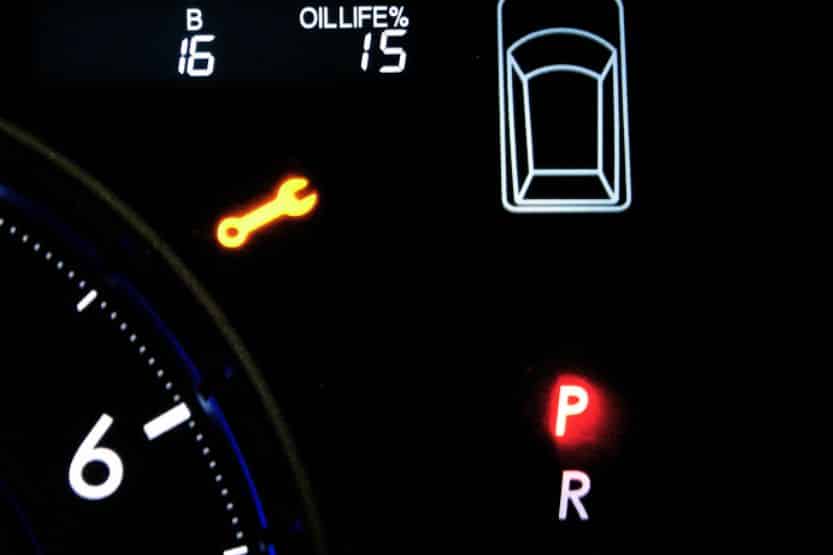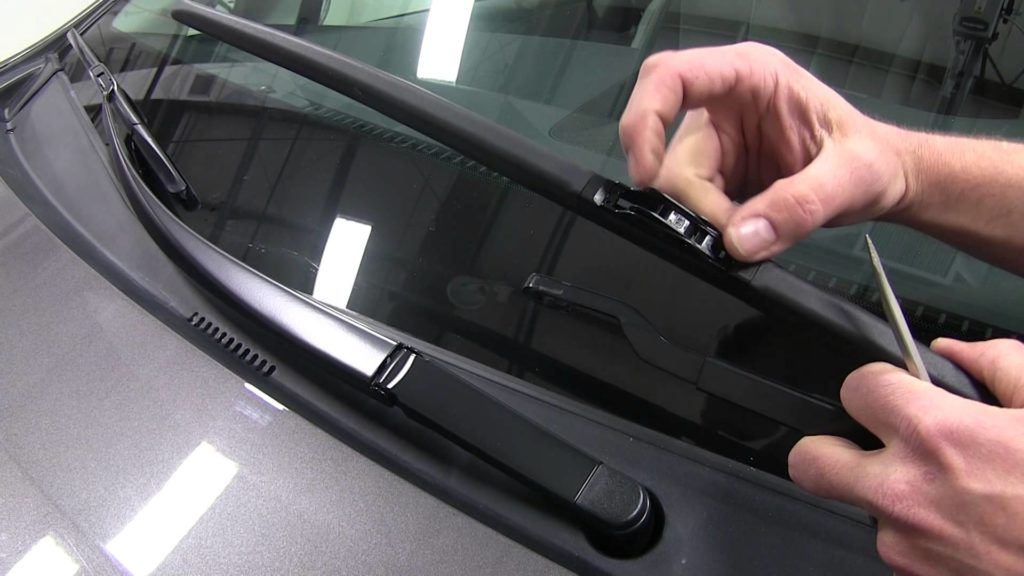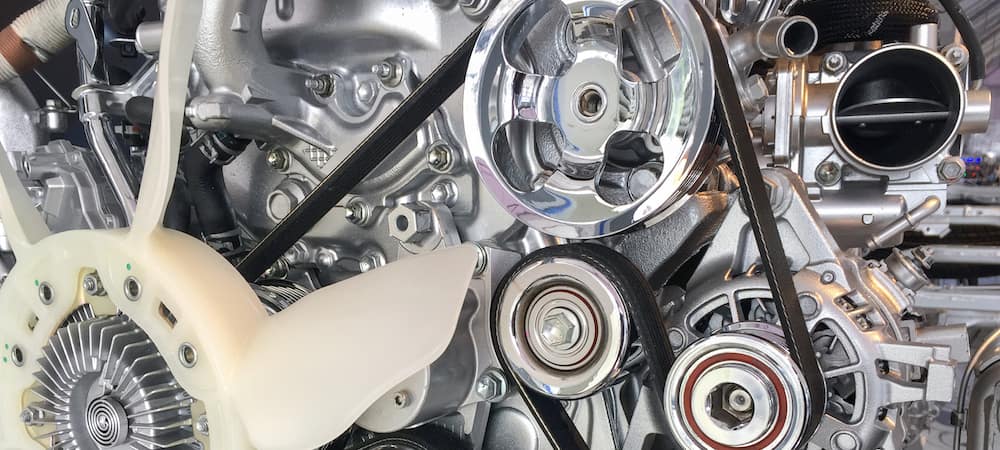
The Vehicle Identification Number (VIN) plays a crucial role in the world of automobiles. Often referred to as a vehicle’s fingerprint, the VIN is a unique code that provides a wealth of information about a car, motorcycle, truck, or even a trailer. But how do we interpret this complex alphanumeric code?
A VIN decoder is a tool that translates the VIN into a detailed description of the vehicle, revealing its history, specifications, and more. This article aims to comprehensively understand VIN decoders, their importance, how they work, and their various applications.
What is a VIN?
Before delving into VIN decoders, it is essential to understand what a VIN is. A Vehicle Identification Number (VIN) is a 17-character code assigned to every motor vehicle when it’s manufactured. This code serves as a unique identifier, providing a comprehensive history and details about the vehicle. The VIN is typically found on the vehicle’s dashboard, near the windshield on the driver’s side, or on the door frame of the driver’s side door.
The VIN is divided into several sections, each representing specific information about the vehicle:
- World Manufacturer Identifier (WMI): The first three characters indicate the manufacturer and the country where the vehicle was produced.
- Vehicle Descriptor Section (VDS): Characters four through nine provide information about the vehicle’s model, body type, engine type, and other technical specifications.
- Vehicle Identifier Section (VIS): Characters ten through seventeen identify the specific vehicle, including the year of manufacture, assembly plant, and the production sequence number.
The Importance of VIN Decoders
VIN decoders are invaluable tools for a variety of reasons. They provide an in-depth look into a vehicle’s history and specifications, which can be crucial for buyers, sellers, and owners alike.
- Vehicle History
One of the primary uses of a VIN decoder is to access a vehicle’s history report. This report can include information about previous ownership, accident history, title issues, odometer readings, and any recalls or repairs. By decoding the VIN, potential buyers can ensure they are making an informed decision and avoid purchasing a vehicle with hidden problems. - Specifications and Features
A VIN decoder can reveal detailed specifications about a vehicle, such as the engine type, transmission, fuel type, and optional features. This information is especially useful for car enthusiasts, mechanics, and those looking to purchase replacement parts, as it ensures compatibility and proper fitment. - Legal and Regulatory Compliance
For law enforcement agencies and regulatory bodies, VIN decoders are essential tools for identifying stolen vehicles, verifying ownership, and ensuring compliance with safety and emission standards. The unique nature of the VIN makes it nearly impossible to alter without detection, thus providing a reliable means of vehicle identification. - Insurance and Financing
Insurance companies and financial institutions also rely on VIN decoders to assess the risk associated with insuring or financing a vehicle. By understanding the vehicle’s history and specifications, they can accurately determine its value and any potential risks, leading to more precise premium calculations and loan terms.
How VIN Decoders Work
VIN decoders operate by breaking down the 17-character VIN into its constituent parts and translating each segment into meaningful information. This process involves a combination of databases, algorithms, and industry standards to ensure accuracy and reliability.
- Decoding the WMI
The first step in the decoding process is to interpret the World Manufacturer Identifier
(WMI). The WMI consists of the first three characters of the VIN and provides information about the manufacturer and the country of origin. For example, a VIN starting with “1HG” indicates a Honda vehicle manufactured in the United States. VIN decoders use a comprehensive database of WMI codes to match the characters to the
correct manufacturer and country. - Decoding the VDS
The next step involves decoding the Vehicle Descriptor Section (VDS), which includes characters four through nine. This section provides detailed information about the vehicle’s model, body type, engine, and other features. Each manufacturer uses a specific coding system for the VDS, so the decoder must reference the appropriate database to interpret these characters accurately. - Decoding the VIS
The final part of the decoding process is the Vehicle Identifier Section (VIS), which comprises characters ten through seventeen. This section identifies the specific vehicle and includes information about the model year, assembly plant, and production sequence number. The tenth character typically represents the model year, while the
eleventh character indicates the assembly plant. The remaining characters are the
vehicle’s unique production sequence number. - Utilizing Databases and Algorithms
To ensure accuracy, VIN decoders rely on extensive databases that contain information about manufacturers, models, and production details. These databases are regularly updated to reflect changes in vehicle production and industry standards. Additionally, sophisticated algorithms are used to cross-reference and verify the decoded information, ensuring that the output is both accurate and comprehensive.
Applications of VIN Decoders
VIN decoders have a wide range of applications across various industries, benefiting
consumers, businesses, and regulatory bodies alike.
- Automotive Industry
In the automotive industry, VIN decoders are used by manufacturers, dealerships, and mechanics to access detailed information about vehicles. This information is crucial for quality control, inventory management, and service and repair operations.
For example, a mechanic can use a VIN decoder to identify the exact specifications of a vehicle’s engine and ensure that replacement parts are compatible.
- Vehicle Sales and Auctions
For vehicle sales and auctions, VIN decoders are essential tools for verifying the authenticity and condition of vehicles. Buyers can use VIN decoders to access vehicle history reports and ensure that they are purchasing a vehicle that meets their requirements. Sellers can also use VIN decoders to provide potential buyers with accurate and detailed information about the vehicle, enhancing transparency and trust. - Insurance and Financing
Insurance companies and financial institutions rely on VIN decoders to assess the value and risk associated with insuring or financing a vehicle. By accessing detailed information about the vehicle’s history, specifications, and condition, they can make more informed decisions and offer more accurate pricing and terms. This helps to reduce the risk of fraud and ensures that customers receive fair and appropriate coverage and financing options. - Law Enforcement and Regulatory Compliance
Law enforcement agencies and regulatory bodies use VIN decoders to identify stolen vehicles, verify ownership, and ensure compliance with safety and emission standards. By decoding the VIN, they can access crucial information about the vehicle’s history and specifications, aiding in investigations and enforcement actions. This helps to maintain the integrity of the automotive market and protect consumers from fraudulent activities. - Vehicle Enthusiasts and Collectors
For vehicle enthusiasts and collectors, VIN decoders provide a valuable resource for researching and verifying the authenticity of classic and rare vehicles. By decoding the
VIN, they can access detailed information about the vehicle’s production history, specifications, and any modifications or restorations. This information is essential for preserving the value and authenticity of collectible vehicles and ensuring that they are accurately represented in the market.
Choosing the Right VIN Decoder
With a variety of VIN decoders available, it’s important to choose the right one for your needs. Here are some key factors to consider when selecting a VIN decoder:
- Accuracy and Reliability
The most important factor in choosing a VIN decoder is its accuracy and reliability. Look
for a decoder that uses up-to-date databases and sophisticated algorithms to ensure that the decoded information is accurate and comprehensive. User reviews and ratings can also provide insights into the reliability of a VIN decoder. - Ease of Use
A good VIN decoder should be user-friendly and easy to navigate. Look for a decoder
with a simple and intuitive interface that allows you to quickly and easily enter the VIN
and access the decoded information. Some decoders also offer mobile apps or browser
extensions for added convenience. - Comprehensive Information
The best VIN decoders provide comprehensive information about the vehicle, including its history, specifications, and features. Look for a decoder that offers detailed and in-depth reports, including information about previous ownership, accident history, title issues, and more. This will ensure that you have all the information you need to make an informed decision. - Additional Features
Some VIN decoders offer additional features, such as the ability to generate vehicle history reports, compare multiple vehicles, or access recall information. These features can be valuable for buyers, sellers, and owners, providing additional insights and tools
for managing and researching vehicles. - Cost
While many VIN decoders are available for free, some offer premium features and reports for a fee. Consider your budget and the level of detail and features you need when choosing a VIN decoder. Free decoders may be sufficient for basic information, while paid options may offer more comprehensive and detailed reports.
Conclusion
In the ever-evolving world of automobiles, the VIN remains a constant and vital element. It serves as a unique identifier, encapsulating a vehicle’s history, specifications, and more. VIN decoders play an essential role in translating this complex code into meaningful information, benefiting consumers, businesses, and regulatory bodies alike.
From providing detailed vehicle history reports to ensuring compatibility of replacement parts, VIN decoders offer a wealth of information that is crucial for making informed decisions. They enhance transparency and trust in vehicle transactions, aid in law enforcement and regulatory compliance, and provide valuable insights for vehicle enthusiasts and collectors.
As technology continues to advance, VIN decoders are becoming increasingly sophisticated, offering more accurate and comprehensive information. By choosing the right VIN decoder, users can unlock the full potential of this powerful tool and gain a deeper understanding of their vehicles.
In summary, whether you are a buyer, seller, owner, or enthusiast, a VIN decoder is an invaluable resource that can help you navigate the complex world of vehicle information.
By decoding the VIN, you can access a wealth of information that will help you make informed decisions, ensure the authenticity and condition of vehicles, and ultimately enhance your automotive experience.

